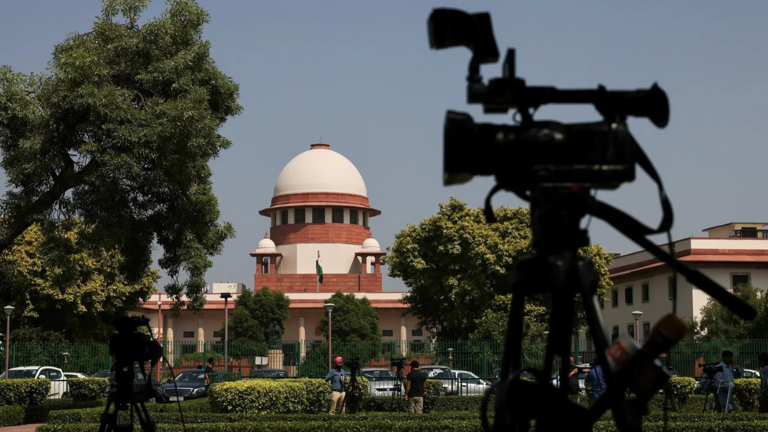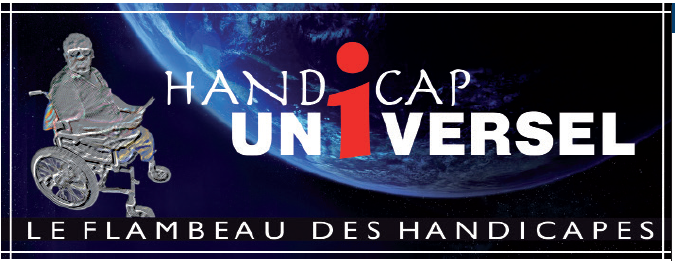
The Supreme Court of India has ruled that digital access is a fundamental right under Article 21 of the Constitution and directed significant changes to the digital Know Your Customer (KYC) process to ensure accessibility for persons with disabilities, including those with facial disfigurements and visual impairments. The Court emphasized that digital access is essential for the right to life and liberty, especially as essential services increasingly move online.
Key directives include:
Mandating all government websites, educational platforms, and financial technology services to be universally accessible to vulnerable and marginalized communities.
Requiring regulated entities to undergo periodic accessibility audits and involve persons with disabilities in user testing for new digital features.
Ordering the Reserve Bank of India to issue guidelines for alternative verification methods in digital KYC, beyond traditional requirements like blinking eyes or live photographs, which can be discriminatory for some disabled persons.
Appointing nodal officers in every department to ensure digital accessibility compliance2.
The Court acknowledged that the digital divide perpetuates exclusion not only for persons with disabilities but also for rural populations, senior citizens, economically weaker groups, and linguistic minorities17. It held that constitutional and statutory provisions grant a legal right to demand accessible and inclusive digital KYC processes, with appropriate accommodations. The verdict aims to bridge the digital divide, ensure access to welfare schemes, and uphold the dignity and rights of all citizens.





